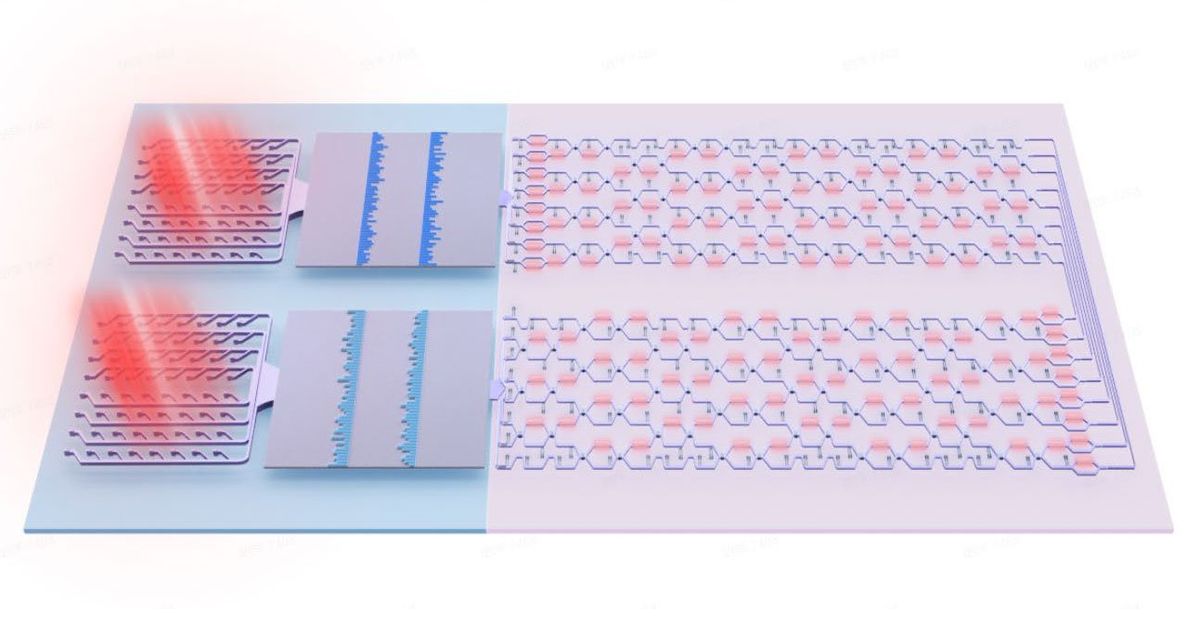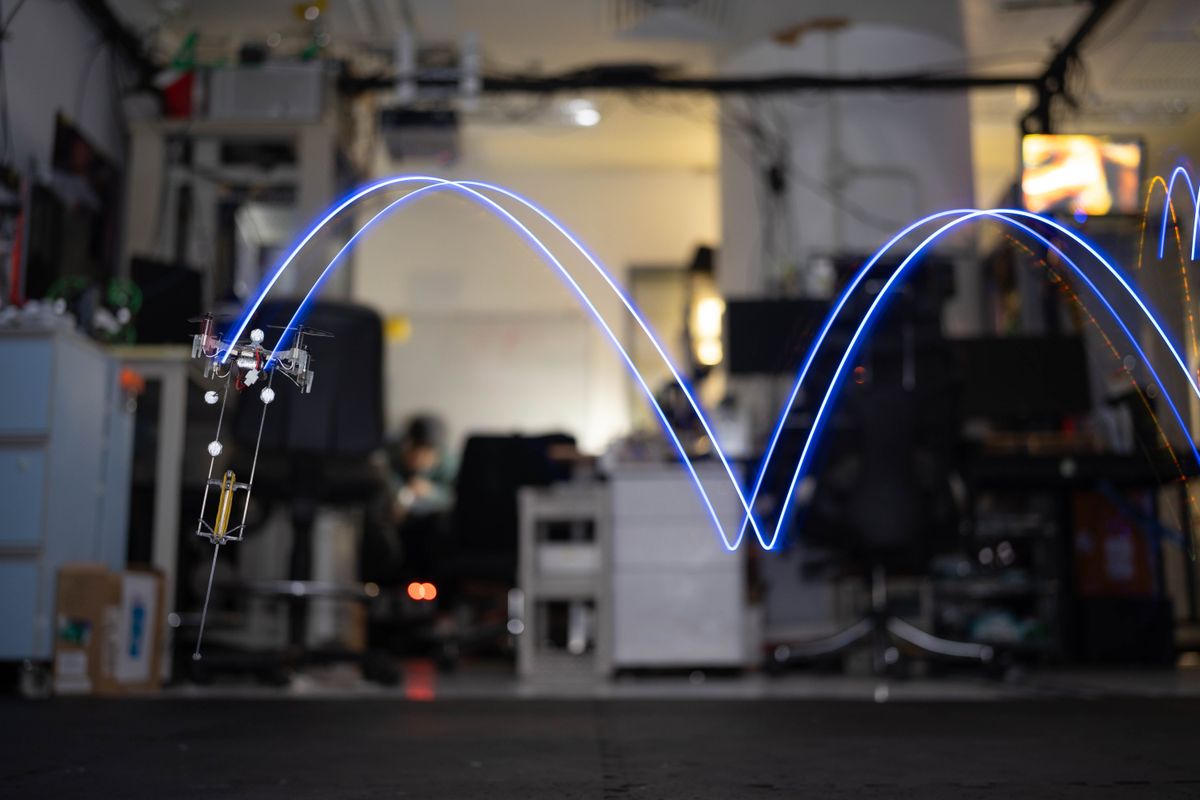The driver of a Tesla reports that the Autopilot feature in his car stopped him from hitting a pedestrian last Saturday night, in Washington, D.C.
The report was included in a message—with the driver’s identifying details blacked out—posted on Twitter by Tesla CEO chief Elon Musk. Musk noted that the story was confirmed by data logs.

“It was night time, there was a lot of glare from the headlights of oncoming cars, and there was a siren in the distance,” the driver recounts. “We were having trouble figuring out if the siren was coming from behind us or from one of the side roads when a pedestrian stepped out in front of our Model S in the dark with dark clothes and in the middle of the road (not near an intersection).
“Before I could step on the brakes the car beeped [a warning] and the picture of a red car came up on my dash. The car slammed on the brakes before I could, and we stopped just inches from hitting the pedestrian. I guess that the car thought the pedestrian was another car in front of us? I am not sure if I would have been able to stop before hitting him, but I am so glad the car did.”
If Autopilot did in fact save a life, it offsets the death in May of a Tesla driver who apparently was looking away from the road when Autopilot led his car into the side of a truck. That death—the only one in a modern robocar—has become “the elephant in the room” for road-safety experts, in the words of Mark R. Rosekind, head of the National Highway Traffic Safety Administration.
Rosekind, speaking Wednesday at the Automated Vehicles Symposium, in San Francisco, wouldn’t comment directly on that crash or even mention Tesla by name. But he did stress that no one incident would “derail” the agency’s efforts to integrate self-driving cars into the regulatory system.
“We should be desperate for new tools that will help us save lives,” he said.
Nobody would accept a robocar technology that merely saved as many lives as it cost. But it’s still unclear how favorable that ratio must become to satisfy the critics of this or any other newfangled technology.
“Two times safer? Five times? Ten times?” asked Roskind. He provided no answer.
Philip E. Ross is a senior editor at IEEE Spectrum. His interests include transportation, energy storage, AI, and the economic aspects of technology. He has a master's degree in international affairs from Columbia University and another, in journalism, from the University of Michigan.



